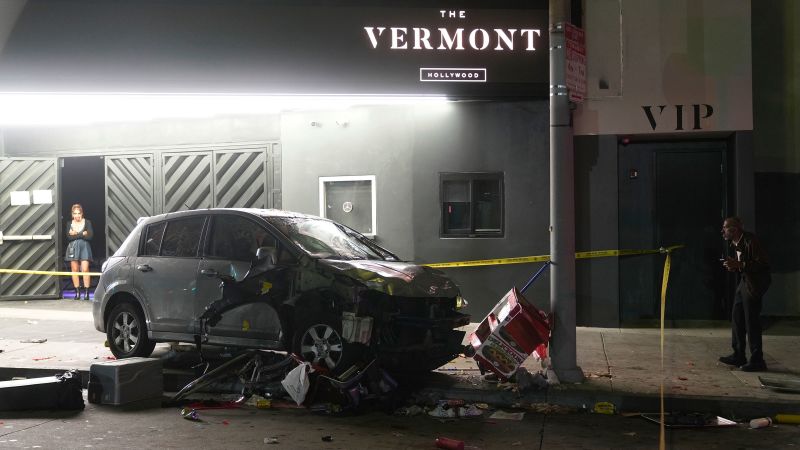Baltimore Grapples with Mental Health Crisis Response After Tragic Police Encounters Claim Two Lives

Baltimore's Mental Health Crisis Response Under Scrutiny After Two Fatal Police Encounters
Baltimore is reeling from a wave of grief and renewed scrutiny of its mental health crisis response protocols following the recent deaths of two individuals during encounters with law enforcement. Families are mourning, and questions are being raised about how these tragic events could have been handled differently.
The loss of Pytorcarcha Brooks and Dontae Melton Jr. has sparked a community-wide conversation about the intersection of mental health, policing, and public safety. Brooks' funeral was held Friday, a somber occasion attended by loved ones and community members seeking answers and accountability.
The Cases: Two Lives Lost, Two Families Devastated
Pytorcarcha Brooks, a 31-year-old woman, tragically lost her life during a police interaction. Details surrounding the encounter remain under investigation by the Maryland Attorney General's office, which has taken over the case, a standard procedure in situations involving police-involved fatalities. The investigation aims to determine the circumstances surrounding her death and whether proper protocols were followed.
Shortly after, the community was struck by another devastating loss with the death of Dontae Melton Jr., also 31. The Maryland Attorney General's office has also identified Melton Jr. and is actively investigating the events leading to his death. Both cases highlight a concerning pattern: individuals experiencing mental health crises encountering law enforcement, with fatal consequences.
A System Under Pressure: The Need for Reform
These incidents have amplified calls for reform within Baltimore's mental health crisis response system. Critics argue that police officers are often ill-equipped to handle situations involving individuals experiencing mental health episodes, and that the current system lacks adequate resources for de-escalation and alternative interventions. The reliance on law enforcement in these situations can escalate tensions and increase the risk of harm.
Many are advocating for increased investment in mental health professionals, crisis intervention teams (CITs), and mobile crisis units that can respond to mental health emergencies without involving law enforcement. These teams, composed of trained mental health specialists and paramedics, can provide on-site assessment, counseling, and support, diverting individuals from the criminal justice system and connecting them with appropriate care.
Community Response and the Path Forward
The community is demanding transparency and accountability in the investigations into Brooks' and Melton Jr.'s deaths. Local advocacy groups are organizing town halls and protests to raise awareness and push for systemic change. They are calling for a collaborative approach involving law enforcement, mental health professionals, community organizations, and families affected by mental health crises.
The ultimate goal is to create a system that prioritizes the safety and well-being of individuals experiencing mental health crises, while also ensuring the safety of law enforcement officers. Baltimore's journey toward a more effective and compassionate crisis response system will require ongoing dialogue, collaboration, and a commitment to investing in mental health resources. The families of Pytorcarcha Brooks and Dontae Melton Jr. deserve justice, and their tragedies should serve as a catalyst for meaningful change.





